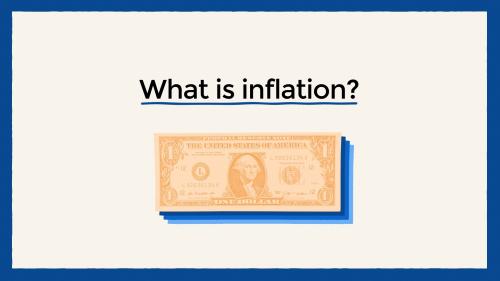Ben Bernanke completed his tenure as chair of the Federal Reserve this week. Janet Yellen will be sworn in as his successor on Monday morning.
Appearing on WBUR’s “On Point” with Tom Ashbrook today, David Wessel, director of the Hutchins Center on Fiscal and Monetary Policy, gives Bernanke “at least an A-” for his overall performance. Wessel looked at it from three angles:
I think you have to divide it into three pieces. In terms of preventing the crisis, he failed, and he’s acknowledged this. He was part of the Greenspan era when the seeds of this crisis were sown. He doesn’t think it was their low interest rates but he admits that their regulatory policy was inadequate. And he misdiagnosed the problem initially. He didn’t think it was going to be as bad.
The second phase is handling the crisis, and there I think he’s a hero. I think he saved us from a repeat of the Great Depression. And we learned how important it is, just as the president has the power to intervene if we’re under attack by missiles, it turns out that the only institution in our government that can intervene very quickly if we’re under attack by financial missiles is the Federal Reserve.
And then the third part is, we don’t know yet. All the things he did keeping interest rates low, buying billions of dollars or trillions of dollars of bonds trying to get the economy moving again. That’s more controversial and we won’t know for some time whether that was a plus or whether that created a set of problems that we can’t yet see.
Saving us from Great Depression 2.0, that’s enough to give the guy at least an A- in my book.
Bernanke spoke at the launch event for the Hutchins Center on January 16, during which he said that the Fed “did the right thing in 2008.”
Governance Studies Senior Fellow Sarah Binder writes that “the Fed’s political legacy might be as important as its economic legacy, particularly given the intense political scrutiny of the Bernanke Fed.” Binder highlights two dimensions of Chairman Bernanke’s political legacy: his push for more Fed openness and also his “dwindling political autonomy in light of a more assertive Congress.”
Binder spoke at length about the relationship between Congress and the Fed in a recent Brookings Cafeteria podcast.
In the WBUR interview, Wessel also said that “It’s worth remembering that when Alan Greenspan left office in 2006 he was a big hero, and he doesn’t look so good now. … and I don’t think there’s any question, Bernanke has said it himself, the job market sucks. And the unemployment rate has come down because so many people have stopped looking. And middle class people aren’t getting wages— nobody is under any illusions about that.”
Finally, Justin Wolfers, co-editor of the Brookings Papers on Economic Policy, tweeted:
Thank you for your service, Chairman Bernanke. Your efforts have improved our lives.
— Justin Wolfers (@JustinWolfers) January 31, 2014



Commentary
Bernanke Gets at Least an “A-” For Saving Us From Great Depression 2.0
January 31, 2014